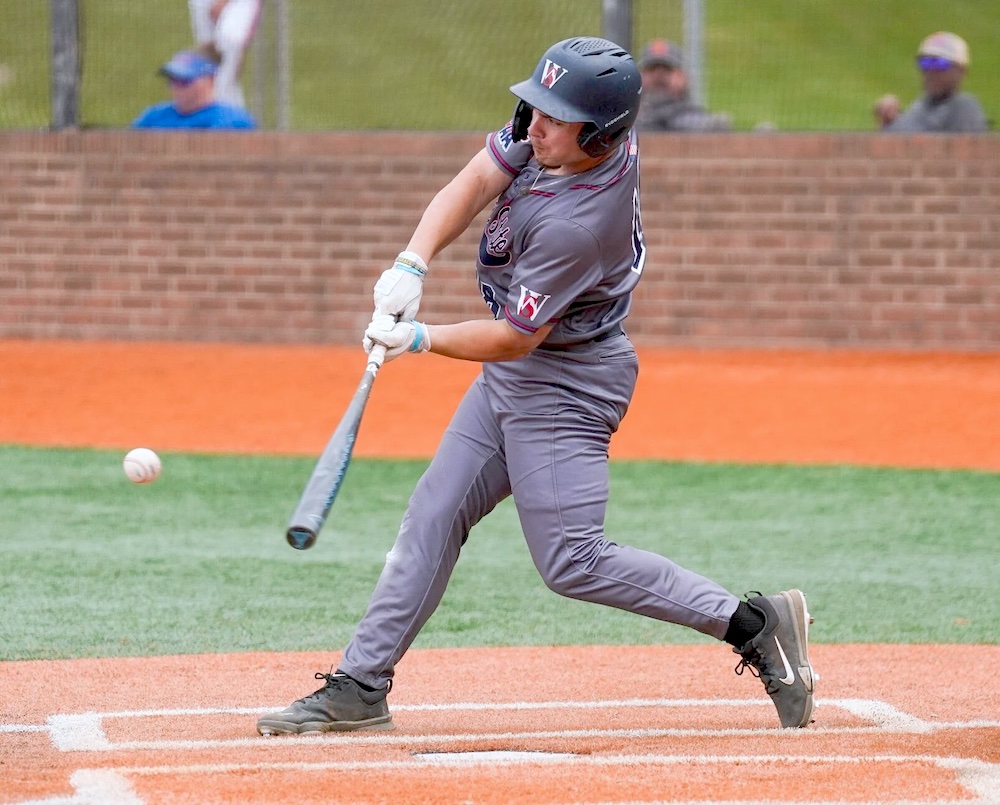LMU’s Muir receives ACVAA Lifetime Achievement Award
Published 5:00 am Thursday, December 1, 2022

- LMU’s William Muir recently received the American College of Veterinary Anesthesia and Analgesia Career Achievement Award. LMU photo
|
Getting your Trinity Audio player ready...
|
NEWS RELEASE
Lincoln Memorial University-Richard A. Gillespie College of Veterinary Medicine Professor and Associate Dean William Muir, DVM, PhD, DACVAA, DACVECC, is the 2022 recipient of the American College of Veterinary Anesthesia and Analgesia Career Achievement Award.
“This award would not have been possible without the administrative and collaborative support of the many colleagues, co-authors, PhD and MS students, residents, interns and technicians that I have had the privilege to meet and collaborate with or educate,” Muir said. “I am particularly indebted to my long friendships and discussions with Drs. Robert Hamlin, John Hubbell, William Tranquilli, Marc Raffe and Richard Sams and look forward to future advances and refinements in the science and practice of veterinary anesthesia and analgesia for the benefit of animal health.”
The ACVAA exits to promote the highest standards of clinical practice of veterinary anesthesia and analgesia and defines criteria for designating veterinarians with advanced training as specialists in the clinical practice of veterinary anesthesiology. The ACVAA Career Achievement Award recognizes a Diplomate for accomplishments throughout a long career of outstanding performance in advancing the art and science of veterinary anesthesia and/or analgesia. The award is made based on accomplishments throughout a career distinguished by sustained, significant contributions to education, research and/or service in veterinary anesthesia and analgesia, including service to the ACVAA. The recipient, acknowledged by academicians, professional peers, and the general veterinary community, in a fundamental way, has advanced the field of veterinary anesthesia and/or analgesia with contributions that have stood the test of time.
Muir has been with LMU-CVM since 2014 as a part-time professor of Physiology and Anesthesiology. He was named associate dean of Research and Basic Sciences for LMU-CVM in 2020. He is board certified in veterinary anesthesia and analgesia and veterinary emergency and critical care, and he is a fellow of the American Academy of Clinical Pharmacology and lifetime member of the American Veterinary Medical Association. He has lectured and published extensively in both scientific and clinical veterinary forums on anesthesia and analgesia, critical care, acid-base balance, fluid therapy, shock, and the pharmacology and pharmacokinetic-pharmacodynamic properties of drugs used to treat diseases in companion animals. He is the author of three texts: Handbook of Veterinary Anesthesia. 5th ed.; Handbook of Veterinary Pain Management. 3rd ed.; and Equine Anesthesia: Monitoring and Emergency Therapy. He previously served as professor and director of Anesthesiology and Pain Management at The Ohio State University College of Veterinary Medicine (1970-2007).
More recently, he has become a consultant for multiple corporate and referral veterinary practices and the veterinary pharmaceutical industry. He served as the research director for the U.S.-based Research Medications and Testing Consortium (RMTC) for two years and later as the chief medical officer for the Animal Medical Center in New York City. He is also a scientific advisor for QTest laboratories (preclinical research facility) in Columbus, Ohio. He has served as a consultant to the Veterinary Pharmaceutical Health Industry, various regulatory agencies, the US Biomedical Advanced Research and Development Authority, and The Center for Veterinary Medicine.
Muir designs and conducts pre-clinical and clinical research studies investigating the safety and efficacy of a wide variety of analgesic, anesthetic, cardiorespiratory, and resuscitative drugs and therapies developed to limit disease, improve the quality of life, and increase survival in animals and humans. Muir supervises and conducts a variety of basic and applied research studies that comply with either GLP, GCP, and/or GRP standards. These studies are designed to improve animal health and performance through research directed towards the development and application of novel therapies, drug formulations, drug delivery systems, reanimation techniques, and physiological monitoring devices.






